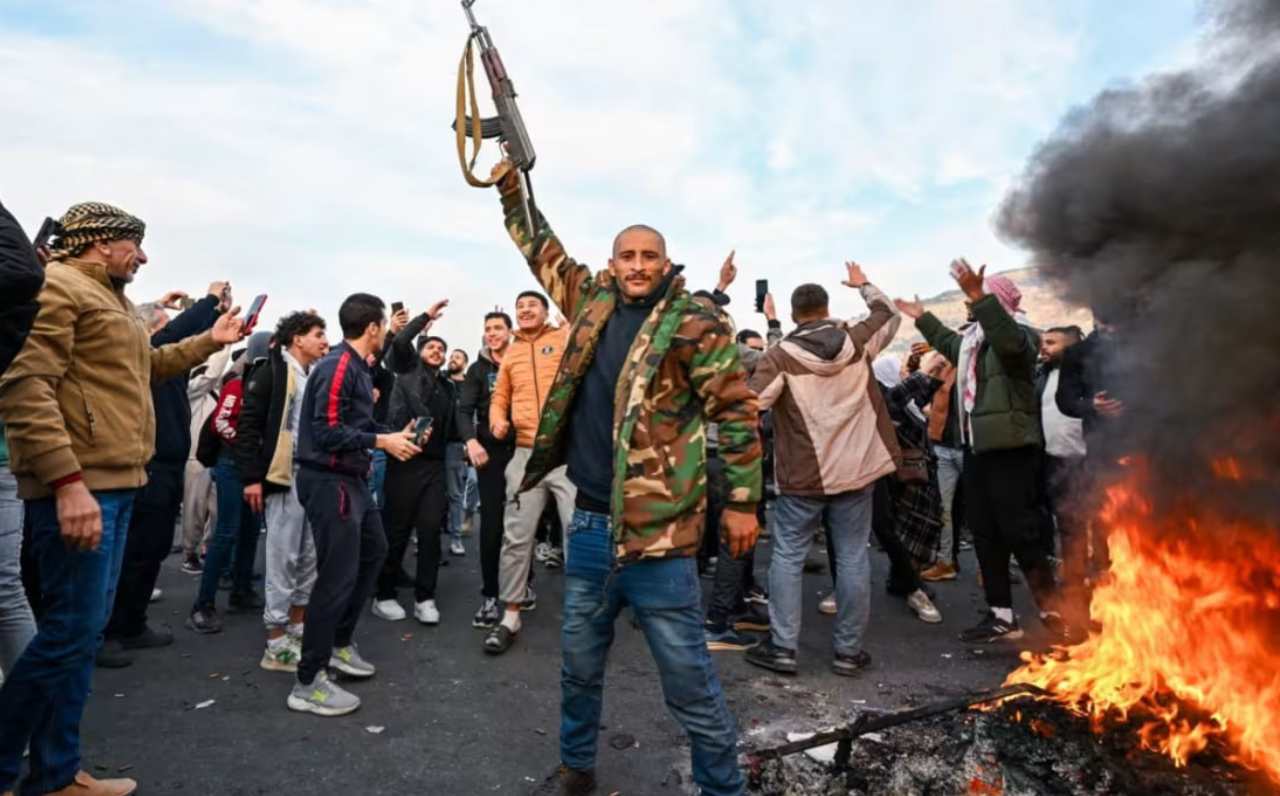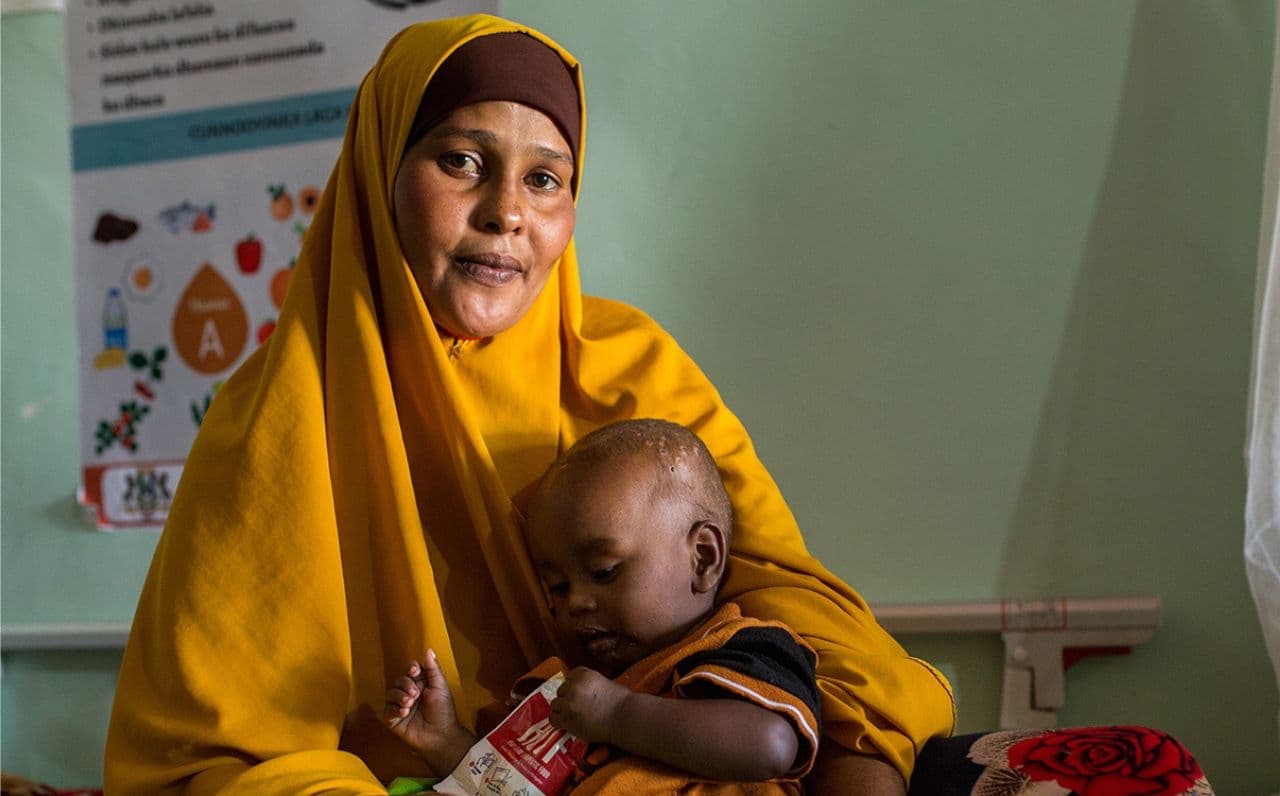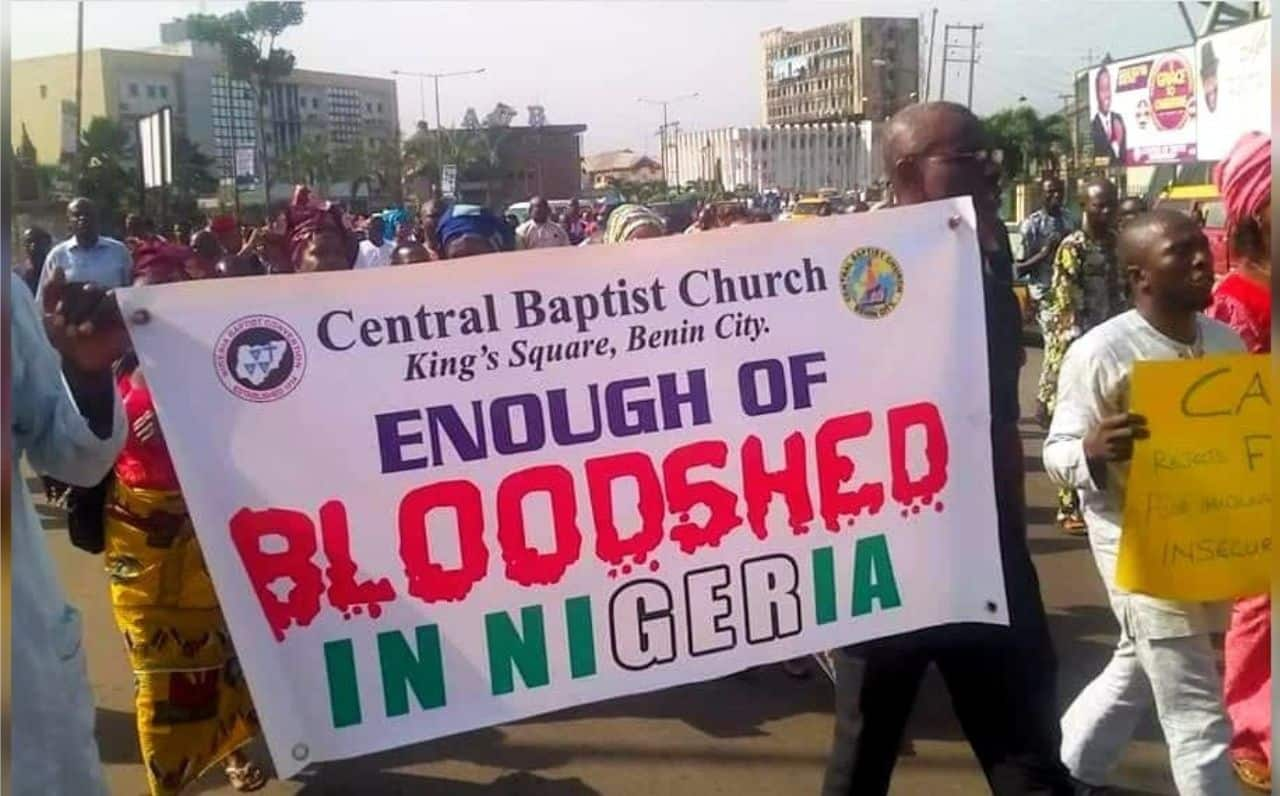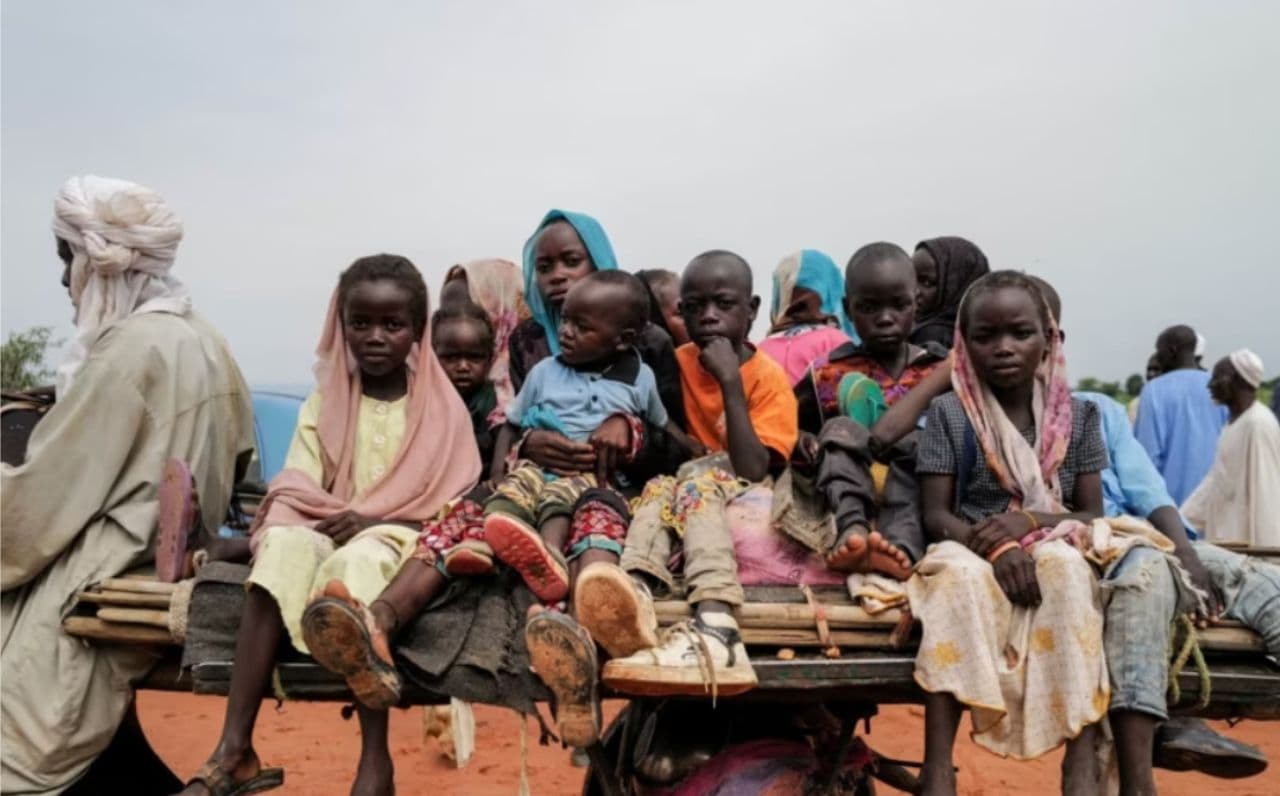Refugees in Central Africa
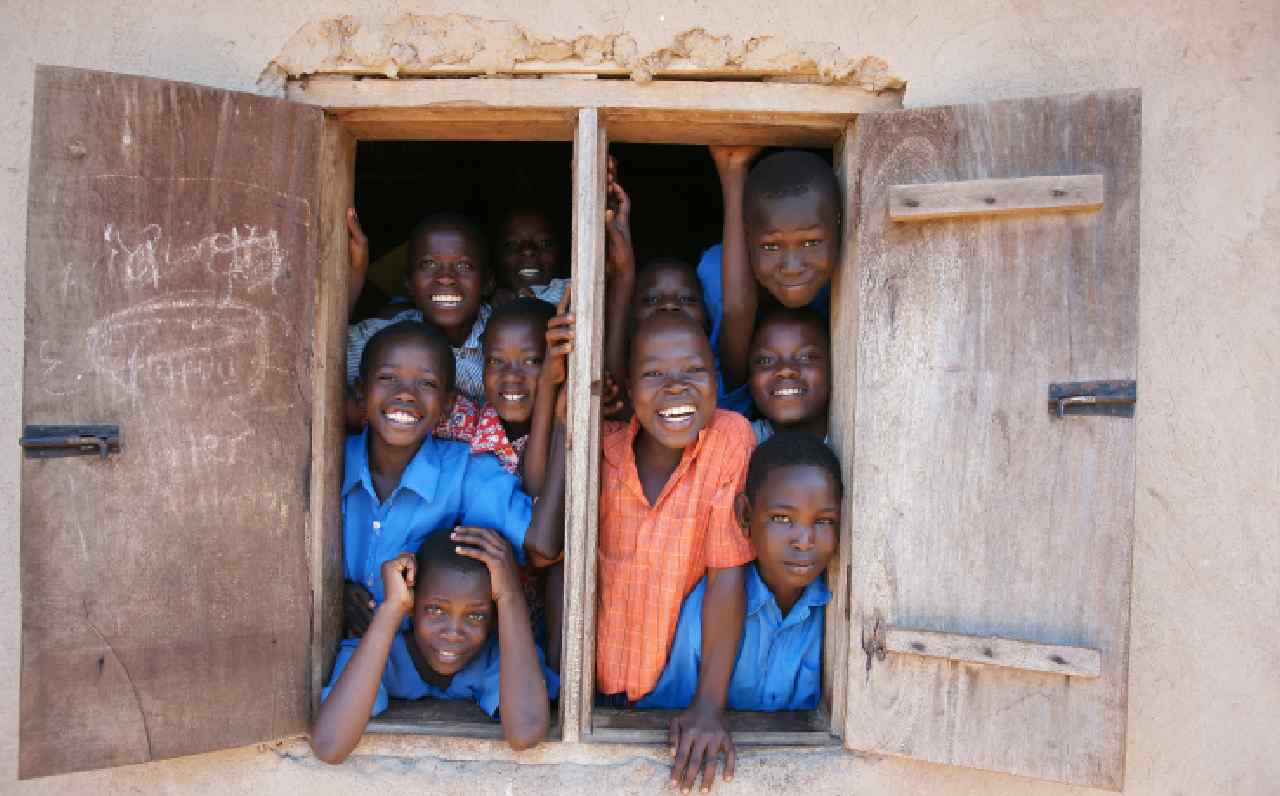
UNHCR restarts operation to help return of refugees from the Central African Republic.
This is a summary of what was said by UNHCR spokesperson Shabia Mantoo – to whom quoted text may be attributed – at today's press briefing at the Palais des Nations in Geneva.
UNHCR, the UN Refugee Agency, has restarted an operation to help thousands of people who fled as refugees from the Central African Republic (CAR) to the Democratic Republic of the Congo (DRC), return voluntarily to their home country.
On Friday 250 refugees left Mole camp in trucks to head to Zongo city in South Ubangi province. On Tuesday morning a second convoy with 250 people left the camp. A 20-minute boat ride is to take them later today across the Ubangi River to Bangui, capital of the Central African Republic.
The voluntary repatriation began in November 2019 following the signing of a Tripartite Agreement between the two countries and UNHCR in Kinshasa in July the same year. It was halted in March 2020 as both countries closed their borders to prevent the spread of COVID-19. It was postponed again in December 2020 following violence surrounding CAR’s presidential elections.
People are only returning to areas where security has improved in the past six months, such as Bangui and the prefectures of Ombella Mpoko and Lobaye. Most of those set to return fled their homes because of violence in 2013.
UNHCR and its partners will also soon organize voluntary repatriation flights for refugees living in Inke camp in North Ubangi province. Air transport is necessary due to the distances and poor roads. The refugees will start their journey by road to North Ubangi’s provincial capital, Gbadolite, some 40 kilometres from Inke camp, after which humanitarian air service (UNHAS) planes will transport them to Bangui.
So far, almost 10,000 people living in Inke camp, North Ubangi province, and in Mole and Boyabu camps in South Ubangi province have signed up for voluntary repatriation out of 47,000 refugees hosted in the three camps.
UNHCR is providing cash assistance to the returning refugees. In addition, UNHCR and its partners are working with the Government on reintegration projects in CAR including in education and agriculture.
Some 206,346 CAR refugees live in camps and with host communities in DRC’s North Ubangi, South Ubangi and Bas Uele provinces. UNHCR and its partners plan this year to assist 6,500 of them to return. Over the past two years, UNHCR has helped more than 5,000 refugees return from the DRC to CAR.
As of 30 September 2021, 684,718 refugees and asylum seekers are hosted in Cameroon, the DRC, the Republic of the Congo and Chad.
We have received half of the US$204.8 million needed for our DRC operation. Additional funding for UNHCR’s response will be needed as voluntary returns continue.
Source & credit: UNHCR
Africa

2021 Oct 27
Middle east

2024 Dec 10
Africa

2024 May 10
Threats against Christians in Australia increase
International, Americas

2024 Apr 16
Increasing Arrests and Faceless Victims Revealed in Latest Findings.
Middle east

2024 Feb 23
SimilarNews
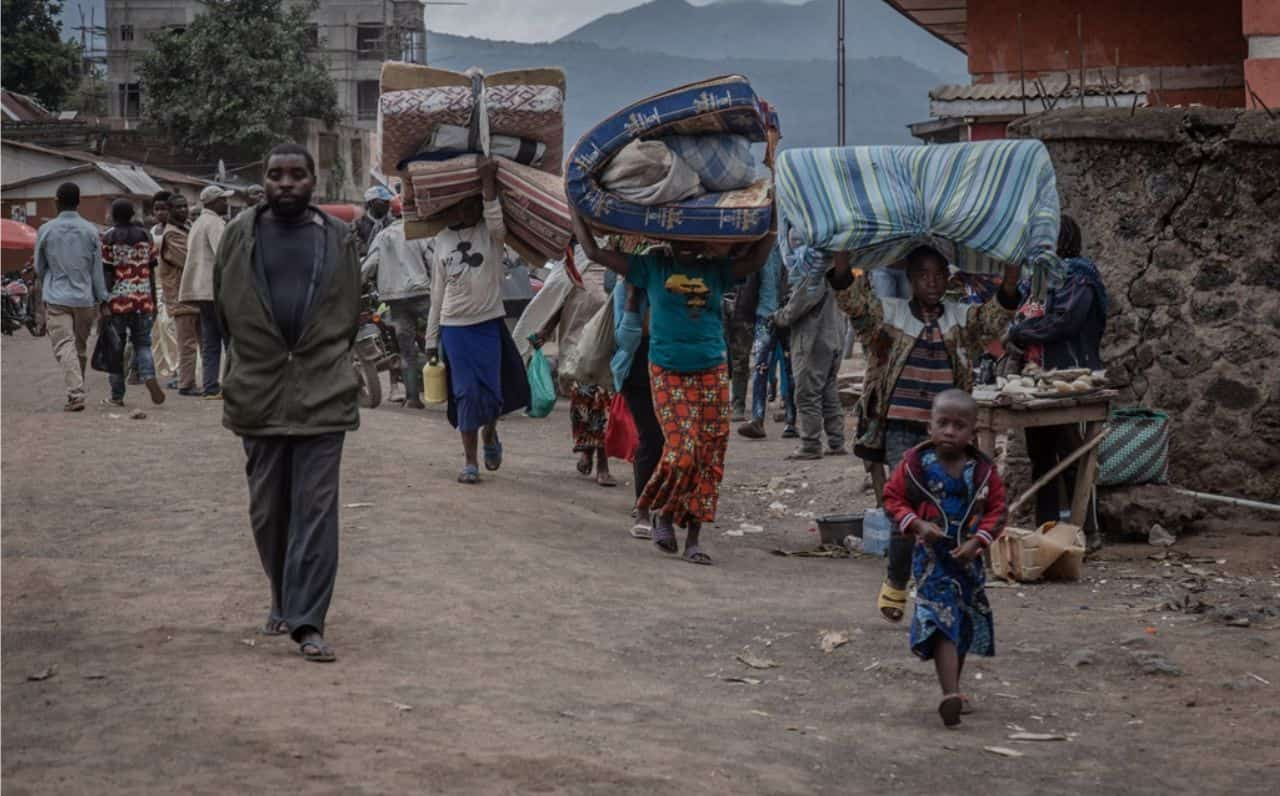 Congo-Rwanda Border Tensions Surge: Conflict Fears Mount
Congo-Rwanda Border Tensions Surge: Conflict Fears Mount Escalating Hostilities Prompt International Concern
Africa

2024 Feb 20
